Earth

Educators and Parents, Sign Up for The Cheat Sheet
Weekly updates to help you use Science News Explores in the learning environment
Thank you for signing up!
There was a problem signing you up.
-
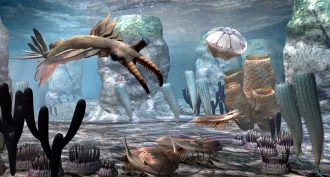 Earth
EarthWhen life exploded
Life exploded in diversity during the Cambrian Period. Experts are exploring what could account for this sudden change 540 million years ago.
By Beth Geiger -
 Climate
ClimateWorld leaders call for action on climate change
This week, the presidents of China and the United States pledged to take aggressive action on the release of greenhouse gases to head off dire worldwide climate effects.
-
 Tech
TechDrones put spying eyes in the sky
From keeping tabs on changing landscapes to protecting animals from poachers, scientists are using drones to push their fields forward.
-
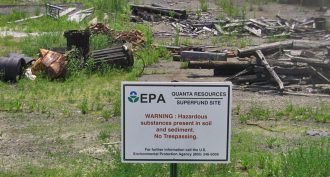 Environment
EnvironmentCleaning with greens
Cleaning up toxic waste is a big and expensive problem. Scientists have tinkered with the genes in some plants. Now those greens can take on this dirty work. Still, they're not quite ready for prime time.
-
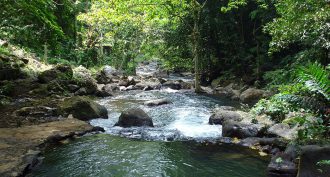 Environment
EnvironmentWill water woes leave Americans thirsty?
In the United States, people often assume that clean water will always be available. But factors ranging from global warming to pollution have begun threatening drinking-water supplies.
-
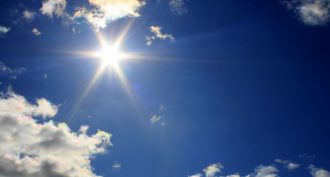 Chemistry
ChemistrySunlight might have put oxygen in Earth’s early air
High-energy bursts of ultraviolet light can break apart carbon dioxide, yielding oxygen gas. The experiment may mimic what happened on Earth billions of years ago.
-
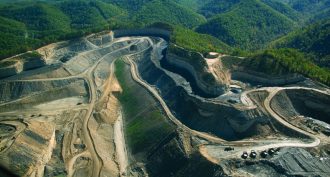 Earth
EarthHow people have been shaping the Earth
We are the dominant force of change on Earth. Some experts propose naming our current time period the ‘Anthropocene’ to reflect our impact.
-
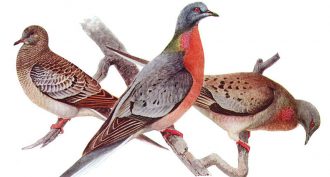 Animals
AnimalsComing: The sixth mass extinction?
Species are dying off at such a rapid rate — faster than at any other time in human existence — that many resources on which we depend may disappear.
-
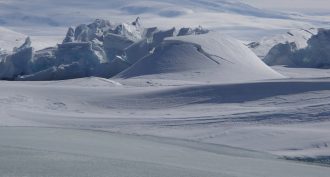 Earth
EarthExplainer: Understanding ice ages
Earth slowly wobbles, tilts and stretches (or contracts) as it orbits the sun. These changes may be fairly small and subtle. Still, their cumulative impacts can be huge — sometimes triggering the slow onset of an ice age or an abrupt thaw.
By Sid Perkins -
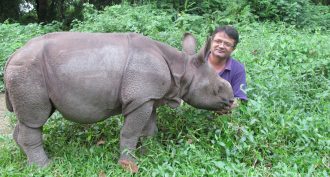 Animals
AnimalsRare as a rhino
Most species are rare. Some have always been rare. A problem develops when people are responsible for accelerating a species’ rarity to the point that extinction threatens.
-
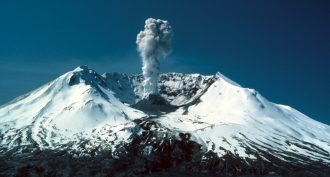 Earth
EarthExplainer: The volcano basics
Here’s an overview of what they are, where they form and the many ways they pose dangers.
By Sid Perkins -
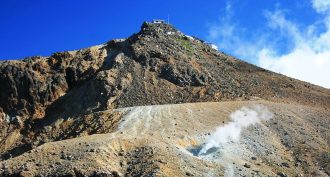 Earth
EarthNews Brief: Volcano in Japan kills dozens
Japan’s Mount Ontake is a favorite hiking spot. But an unexpected midday eruption on September 27 surprised hundreds on the mountain. Unable to escape, dozens near the summit died.
By Janet Raloff